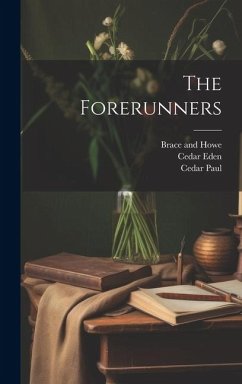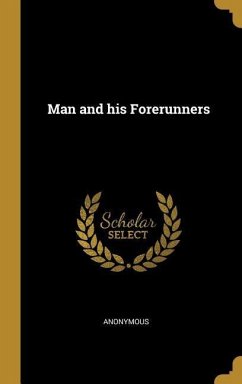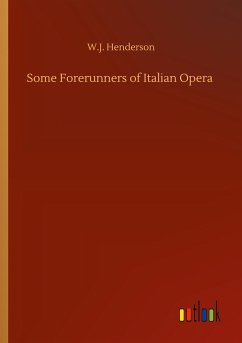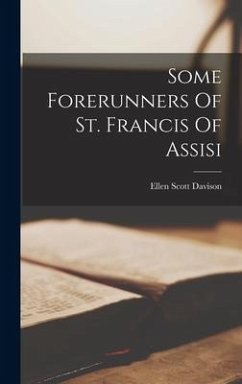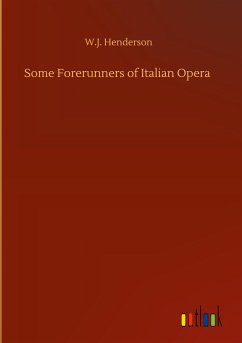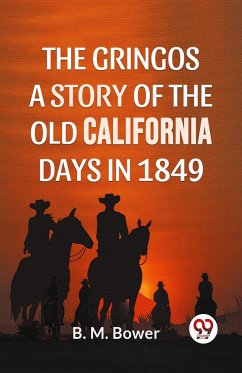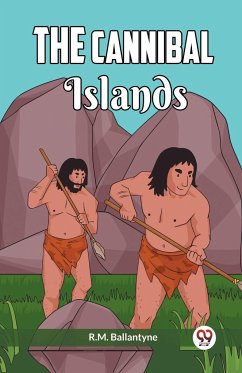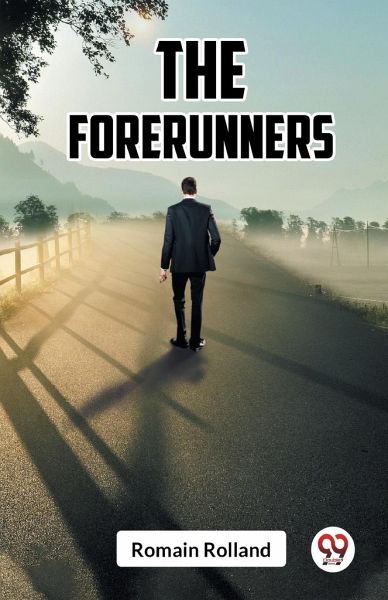
The Forerunners

PAYBACK Punkte
0 °P sammeln!
"The Forerunners" by Romain Rolland stands as a cornerstone of French literature, a Nobel Prize-winning novel that delves deep into the intricacies of the human condition. Set against a rich historical backdrop and steeped in European culture, Rolland's work transcends mere storytelling, serving as a profound exploration of intellectual themes and philosophical musings. Through its pages, readers are drawn into a world of psychological fiction, where characters grapple with existential dilemmas and societal constraints. Rolland's narrative is not only a literary masterpiece but also a poignant...
"The Forerunners" by Romain Rolland stands as a cornerstone of French literature, a Nobel Prize-winning novel that delves deep into the intricacies of the human condition. Set against a rich historical backdrop and steeped in European culture, Rolland's work transcends mere storytelling, serving as a profound exploration of intellectual themes and philosophical musings. Through its pages, readers are drawn into a world of psychological fiction, where characters grapple with existential dilemmas and societal constraints. Rolland's narrative is not only a literary masterpiece but also a poignant critique of social norms, offering insightful social criticism and advocating for political activism. At its core, "The Forerunners" is a testament to the power of artistic expression in challenging the status quo and inspiring change. Rolland's characters serve as beacons of hope, embodying the spirit of those who dare to defy convention and pave the way for a better future. With its blend of intellectual depth, philosophical exploration, and masterful storytelling, "The Forerunners" remains a timeless classic that continues to resonate with readers, inviting them to reflect on the complexities of human nature and the enduring quest for truth and justice in a rapidly changing world.





